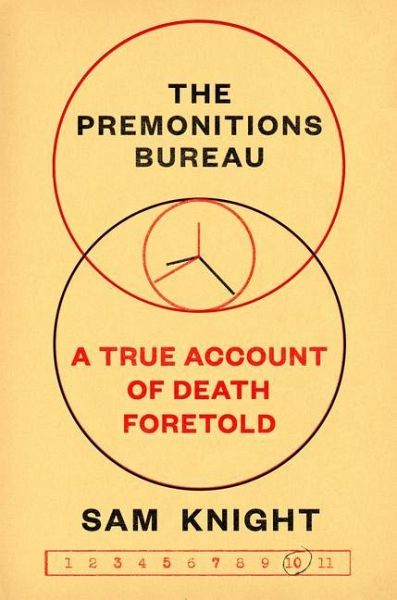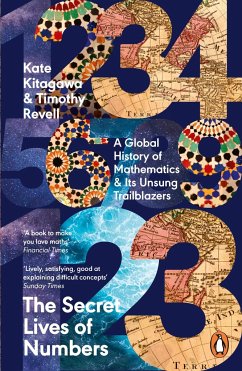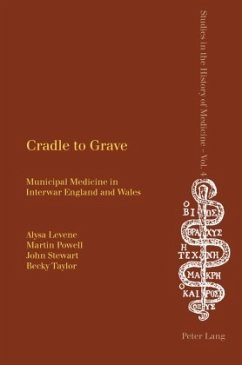
The Premonitions Bureau
A True Account of Death Foretold
Versandkostenfrei!
Versandfertig in über 4 Wochen
21,99 €
inkl. MwSt.
Weitere Ausgaben:

PAYBACK Punkte
11 °P sammeln!
From a rising star New Yorker staff writer, the incredible and gripping true story of John Barker, a psychiatrist who investigated the power of premonitions-and came to believe he himself was destined for an early death On the morning of October 21, 1966, Kathleen Middleton, a music teacher in suburban London, awoke choking and gasping, convinced disaster was about to strike. An hour later, a mountain of rubble containing waste from a coal mine collapsed above the village of Aberfan, swamping buildings and killing 144 people, many of them children. Among the doctors and emergency workers who a...
From a rising star New Yorker staff writer, the incredible and gripping true story of John Barker, a psychiatrist who investigated the power of premonitions-and came to believe he himself was destined for an early death On the morning of October 21, 1966, Kathleen Middleton, a music teacher in suburban London, awoke choking and gasping, convinced disaster was about to strike. An hour later, a mountain of rubble containing waste from a coal mine collapsed above the village of Aberfan, swamping buildings and killing 144 people, many of them children. Among the doctors and emergency workers who arrived on the scene was John Barker, a psychiatrist from Shelton Hospital, in Shrewsbury. At Aberfan, Barker became convinced there had been supernatural warning signs of the disaster, and decided to establish a "premonitions bureau," in conjunction with the Evening Standard newspaper, to collect dreams and forebodings from the British public, in the hope of preventing future calamities. One of the first people to share her premonition was Middleton, who like many other seemingly normal people, would contribute hundreds of visions to Barker's research in the years to come, some of them unnervingly accurate. As Barker's work plunged him deeper and deeper into the world of the occult and supernatural, his reputation with his colleagues suffered badly. But, in the face of professional humiliation, Barker only became more and more certain that premonitions were real and important, ultimately realizing with terrible certainty that catastrophe had been prophesied in his own life. In Knight's crystalline telling, this astonishing story, with its transfixing conclusion, comes to encompass the secrets of the world. Of course, we all know premonitions are impossible-and yet they come true all the time. You think of your mother, a moment later she calls. Our lives are full of collisions and coincidence: the question is how we interpret the fall of chance and make meaningful stories about the progress of our lives. As Knight writes, "How we distinguish the chances that signify and the ones that do not, and the decisions that we make in our lives as a result, is the kind of question that turns in on itself and might be impossible for us, as individuals, to answer. We cannot stand outside our own lives. We would not want to." John Barker found that he could not leave chance alone.













